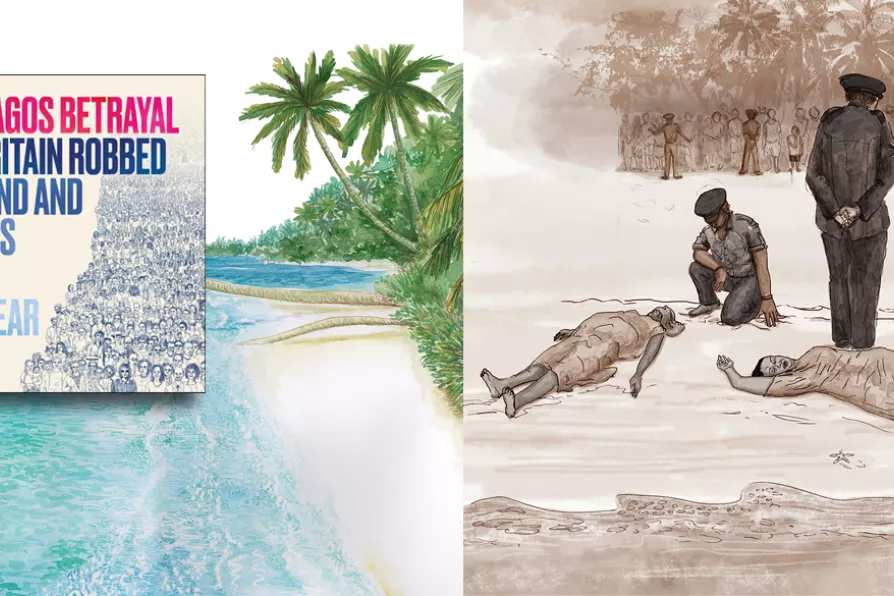ANDY HEDGECOCK and MARIA DUARTE review Good Night, and Good Luck: Live from Broadway, Becoming Victoria Wood, Hamnet, and Song Sung Blue


BRITAIN acquired the Chagos Islands via a treaty signed after defeating Napoleon in 1814 and subsequently governed them from another British colony, Mauritius.
In 1965, Britain bought the Chagos archipelago from the now self-governing Mauritius — though it was still a colony — for a mere £660,000. The aim was to create the British Indian Ocean Territory to provide its ally the US with a military base in the region. The archipelago was then leased to the US until 2016, later extended until 2036.
As a consequence, from 1965 to 1973 the inhabitants of the Chagos archipelago were forcibly removed from their homeland and dumped in Mauritius and Seychelles. “We must surely be very tough about this ... there will be no indigenous population except the seagulls,” Baron Wright of the foreign and commonwealth office ominously declared in August 1966.

Beatrice Pompe and Bernadette Dugasse have submitted a UN complaint against Labour’s deal with Mauritius, highlighting how exclusion from ancestral lands is denying their right of return and justice for historical abuses, reports ELIZABETH MISTRY












